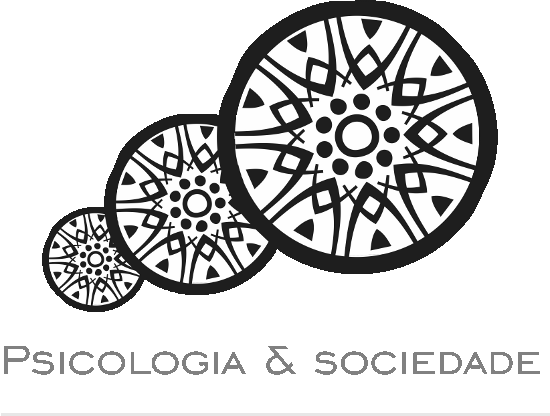Abstract
Aiming to understand the multiple versions of reality produced in the daily practices of a child’s relational network to which externalizing behavior problems refer, in the field of mental health, this article reports a case study, carried out in 2017, based on the approaches of the Actor-Network and Discursive Practices and Production of Meanings in Everyday Life. The empirical referent of the research is a boy with a diagnostic hypothesis of ADHD and ODD, articulated with human and non-human actants in different dimensions of their relationships. The results expose everyday interactions, crossed by intergenerational conflicts, producing heterogeneous realities and meanings, in the transit between apparently antagonistic ideas (angelic-diabolical/child-adult). Children, with ir different behaviors, just like adults, acts and are acted upon in power relations, in a fluid co-production of conflicts and understandings that express always uncertain and localized versions of what would be “the child with externalizing behaviors”.
Keywords
Community mental health; Child behavior disorders; ADHD; Actor-Network Theory; Social Psychology
